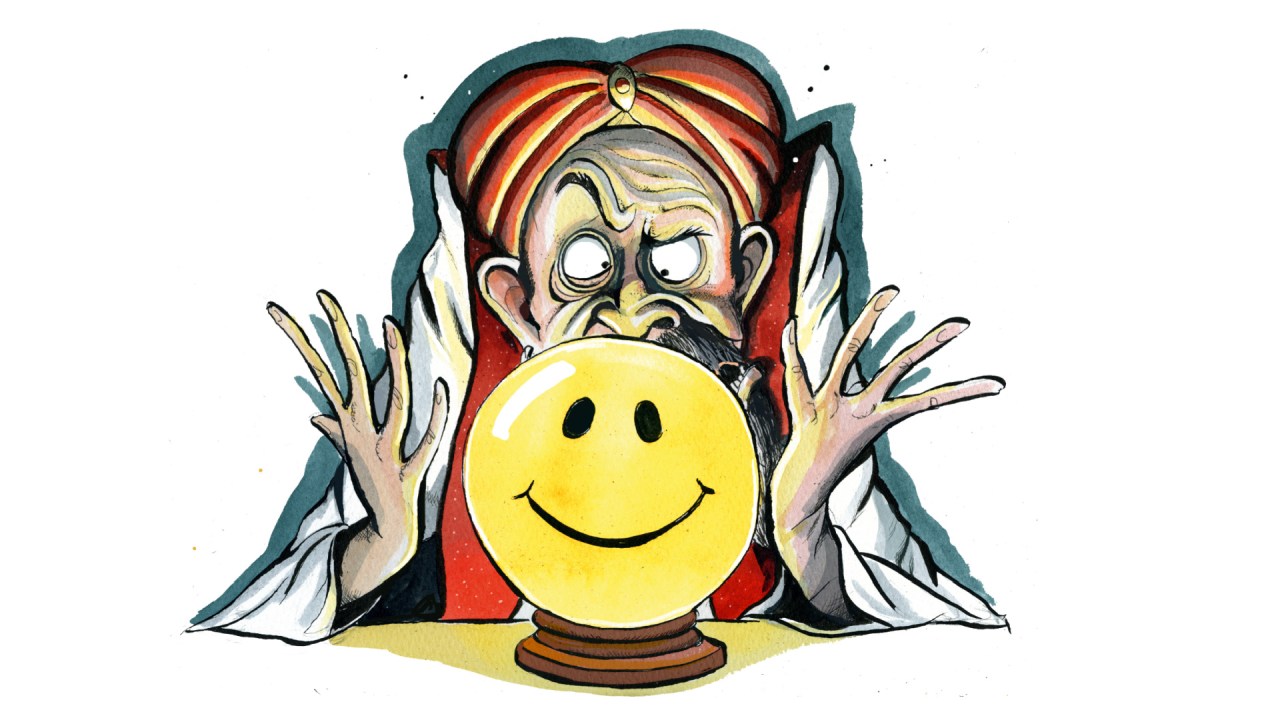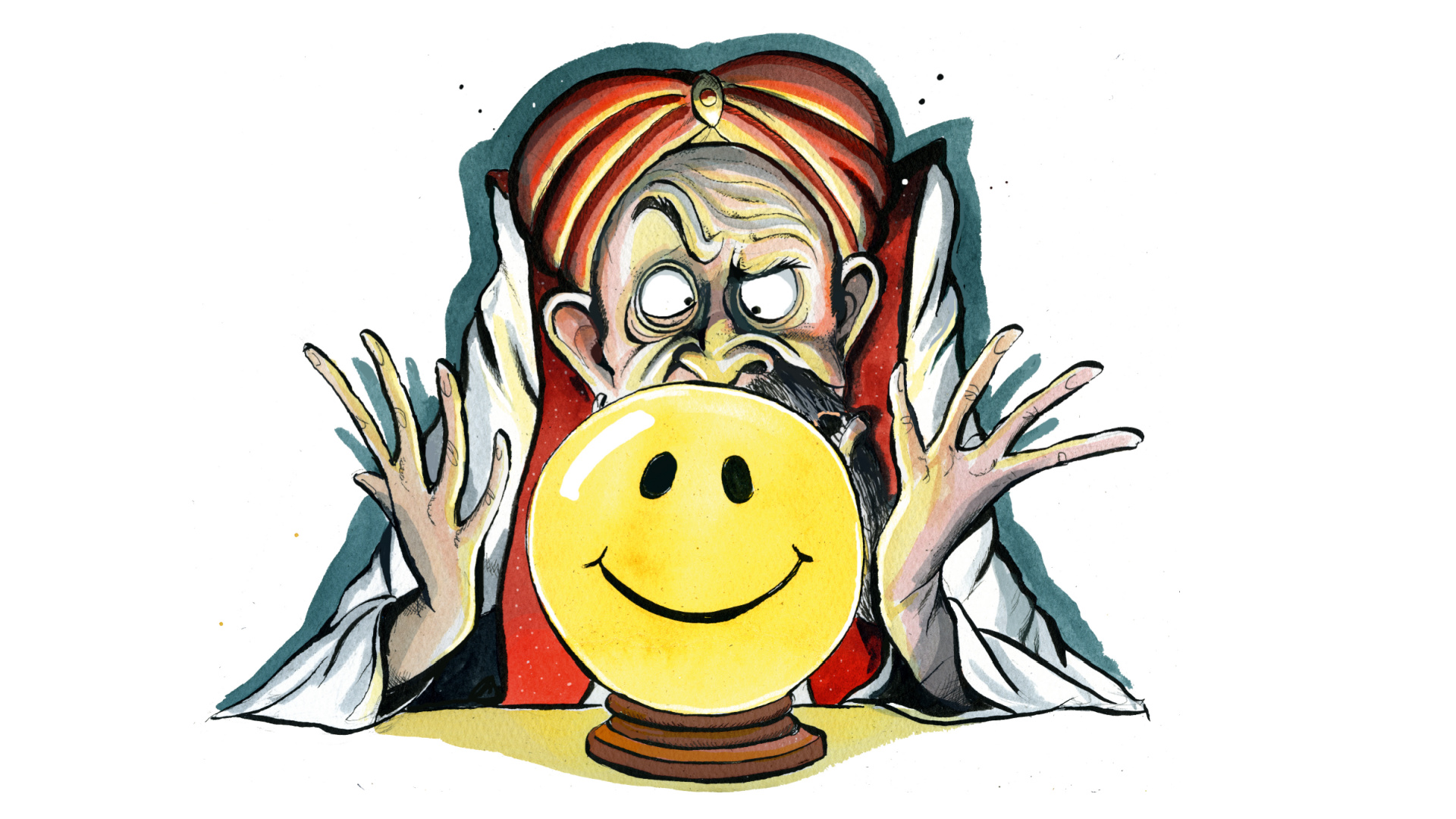The recent United Nations climate summit in Dubai ended up becoming a carnival of gloom. Speakers competed to paint the bleakest outlook for the world. But while it’s right to focus on the challenges that lie ahead, the doomsday narrative risks obscuring all the progress we have made. ‘Records are now being broken so often that we are perhaps becoming immune to what they are really telling us,’ said King Charles in his address to COP28. The King makes a fair point, one that it is worth elaborating on as the year draws to a close.
A few weeks ago, for example, it emerged that Britain has become the first G20 country to have halved its carbon emissions. This went entirely unreported – as is often the case with good environmental news – but it is a landmark. Technology, capitalism and competition have allowed us to extract more power from less fuel in a cleaner way. The average household uses 40 per cent less energy than in the mid-1990s. This has many benefits: the air in our cities, for example, is the cleanest since records began.
In the fight against global poverty, the good news continues. The world’s economic output this year hit an all-time high, finally recovering from the pandemic. Wealth is also shared more widely than at any time in living memory, with global inequality at a 150-year low. Just a decade ago, almost 850 million people in the world lived below the extreme poverty line; now the figure is 610 million. That is equivalent to 65,000 people being lifted out of poverty every day. Charity plays a role, but free trade is the main driver.
It’s true that carbon emissions are still rising globally, but that is mainly the result of rapid development in poorer countries. This means more of the world can now afford a better diet and the basic facilities that so many of us in the West take for granted. If we care about the people in less wealthy countries, we have to accept that global emissions will rise before they start to fall. As a response to climate change, we will develop the tools to meet new challenges that arise. That’s what humans have always done, and it’s why deaths from natural disasters are a fraction of what they were a century ago.
But the pattern of adaptation and progress is not a given. As the pandemic showed us, the trajectory can be disrupted. United Nations figures suggest that 75 million more are in poverty now than would have been if Covid had not happened, and much of this is the result of the lockdown strategy. While children were not at serious risk from Covid, the UN estimates that 228,000 under-fives died in South-East Asia alone due to their lack of access to basic healthcare services during the pandemic.
For all the doom-mongering, in most places in the world this is the best time to have ever been alive
At the time, little thought was given to the unintended consequences of lockdown. The policy was new and untried, so its full effects were impossible to guess.
But there were some results that are hard to dispute. One concerns the knock-on effects of shutting down: when trade slows, so does the money going into third-world economies. Millions are plunged into poverty. Another is more encouraging: now that the system is up and running again, the business of poverty reduction has resumed at a breakneck pace.
On a global scale, progress is incremental. The work is done by collective endeavour in science, medicine, trade. Perhaps the most important factors are competition and collaboration. From vaccines to electric cars, in an age where two-thirds of humanity have access to the internet, breakthroughs are quickly shared. The spread of knowledge is the main force behind poverty reduction.
None of this offers much comfort to those in Britain who are caught in the worst cost-of-living squeeze in modern times. But the economic ups and downs here are offset by a more encouraging longer-term global trend that has reasserted itself this year. The UK economy is caught in a high-tax, low-growth trap, with living standards badly affected. But it is a cycle that can be broken when there is the political will to do so. Stagnation, while miserable, is not recession. In the meantime, on carbon emissions this country is a success story.
Good journalism investigates wrongdoing and scandal, and exposes corruption that would otherwise become endemic. This magazine seeks to do that – but it’s important to reflect on the good news of our times too. And for all the doom-mongering, in most places in the world this is the best time to have ever been alive.
We have learned how fragile progress is – and how easy it is to suspend the freedom our antecedents fought for. But this year has also shown that the world has the ability to recover – to shake free of past restrictions and get back on track.
It’s human nature to take successes for granted and to focus on the problems that remain. In a way, this is how mankind advances: we never stop trying to innovate and improve. We live during a time when such extraordinary advances are being made so frequently that we rarely stop to remember that, for all the disasters in the world, what is going right still, even now, far outstrips what is going wrong.







Comments